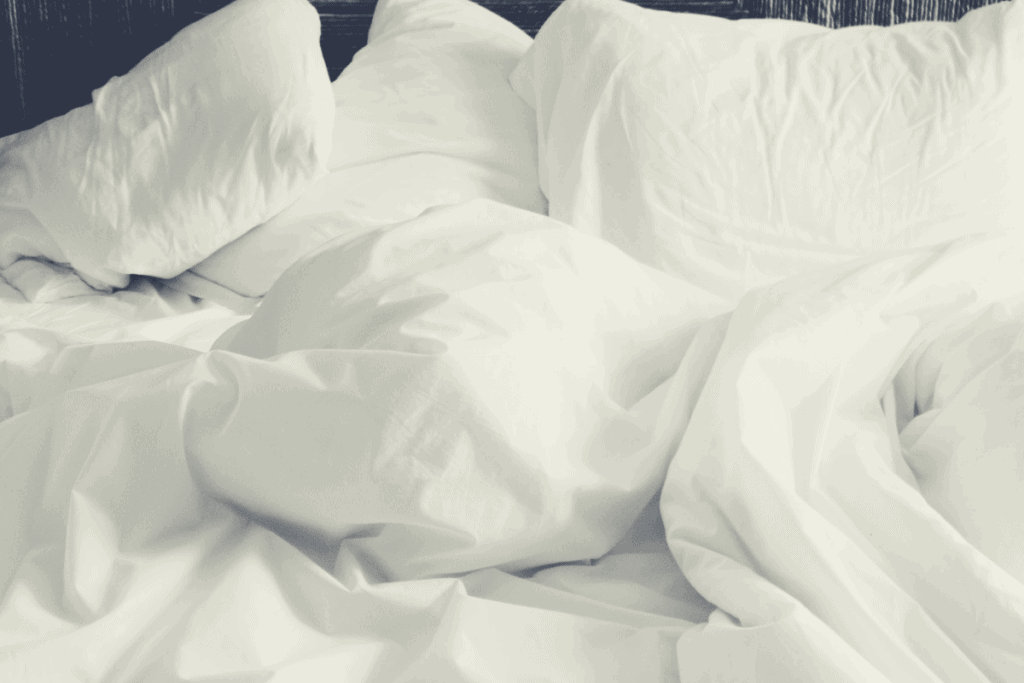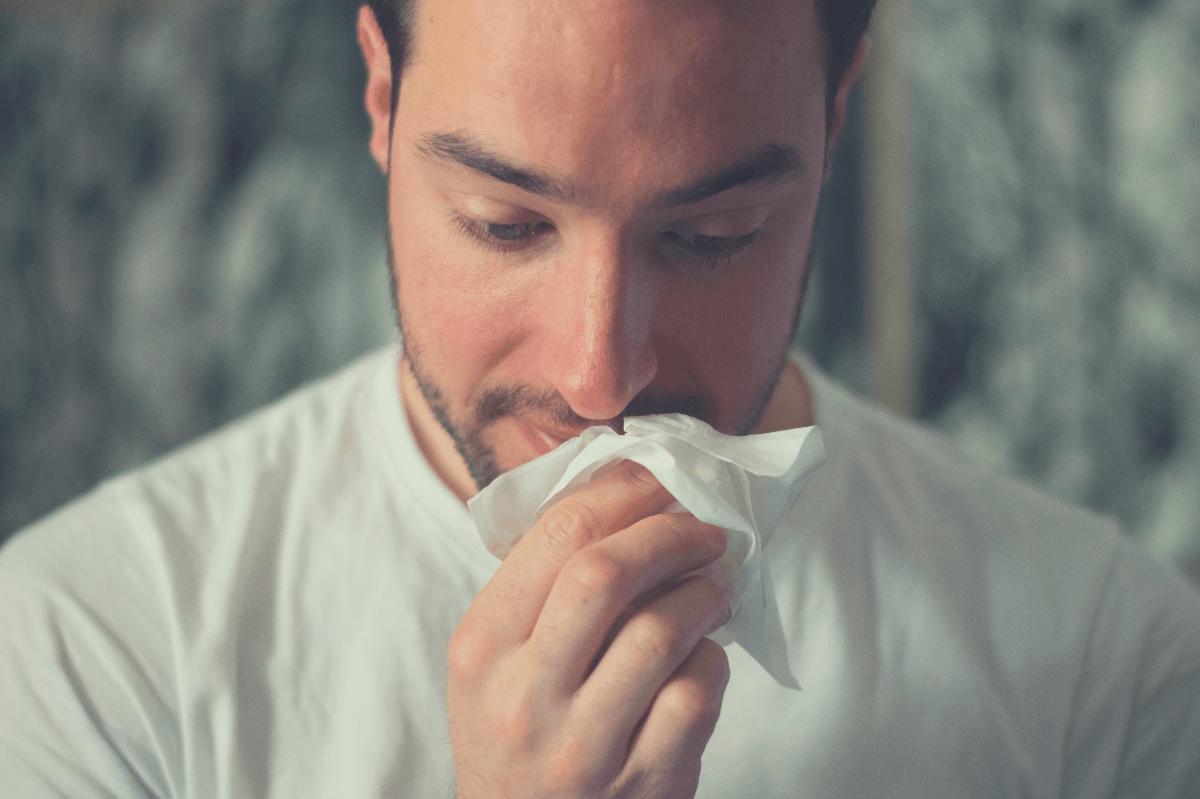Sleeping with allergies can often be a difficult task. Allergies are usually triggered by outdoor allergens and irritants, which cause the person to have a runny nose or itchy throat. It is recommended that people with these symptoms sleep in a cool, dark room with closed windows. There are many ways to easier sleep with allergies. In this article I will describe a few of them.
How do you sleep with allergies?
One of the major irritants in the United States and across the world is allergies. Allergies are often triggered by outdoor allergens and irritants, which can cause a person to have a runny nose, itchy throat or watery eyes. To combat these symptoms, it’s recommended that people with these symptoms sleep in a cool, dark room with closed windows. If this is not possible and if you’re allergic to pets, there are air purifiers that will help filter out those allergy triggers. There are also allergy pillows which can help keep your head away from your pillow while you sleep so that you don’t breathe in allergens into your nasal cavity. Changing your pillowcase often is important to reduce exposure to allergens brought home by you for example in your hair. Washing your hair every night and keeping your body clean can also help eliminate allergens from getting to you when you sleep. Even if none of these things help keep allergies at bay during the nighttime hours, it’s recommended that people with them still get a proper amount of sleep for their health and wellbeing.
I’ve outlined some extended tips for how to better sleep during allergy periods below.
Close your windows
Close the windows in your room and turn off the lights. This will help you sleep in a dark room with cold temperature. Research has shown that having a cooler sleeping environment is better for people with allergies.
Keep your pets outside of your bedroom

Take care of your pets while you sleep by making sure they are not in your bedroom and not playing there during the day. Pets can cause allergies to be worse because of their fur and the dander they leave behind on furniture and other surfaces.
Use a humidifier to clean the air
Having a humidifier in your room can help you sleep at night by making the air more moist. This will help keep your nasal passages moist which will make it easier to breathe through your nose and sleep more soundly. Air particles have been found to cause allergies, and a humidifier helps prevent these particles from entering your lungs. These particles can also be found in the bedding of your bed. Washing your sheets and blankets once a week will also help reduce allergens in these items.
Clean your sheets regularly
Wash them every week and change your pillowcase every few days. You can also wash the comforter from time to time, but don’t over-wash it otherwise you will ruin the fabric.
Keep your hair clean
Keeping allergen byproducts in mind, it’s also important to clean off any dust and other particles from your hair. If you have pets or even if you don’t, but still find that you are getting frequent headaches and sleepless nights, consider getting your hair cut shorter. This way you can easily brush it while it’s still damp from the shower.
Use allergy pillows

If you are exposed to high amounts of dust or pet dander, consider investing in allergy pillows. These pillows are hypo-allergenic and may help reduce your exposure to these irritants. This way, you won’t breathe in allergens and irritants as deeply into your nasal cavity. They are a bit pricey, but if they help get you more comfortable at night and make it easier for you to sleep for longer periods of time, it’s worth the investment! Plus, if you can find one that works well for you, they may be able to help alleviate symptoms during the day as well.
If you are allergic to pets but don’t want to invest in allergy pillows, consider getting a microfiber pillowcase. These work just as well as allergy pillows and can filter out a lot of pet dander.
Talk to your doctor
One way to make sure you are getting enough sleep with allergies is to follow your doctor’s advice. He or she may tell you change your diet or take medications that target your specific allergies.
Have allergy medication near bed
Have some allergy meds on hand If allergies really affect you while you sleep, it’s always smart to keep antihistamines in your nightstand. Many nighttime allergy meds like Claritin D and Unisom sleep tabs contain antihistamines. If you already know that your allergies will make it tough for you to get a good night’s rest, consider taking some OTC allergy medicine before bedtime. That way, even if allergy symptoms wake you up in the middle of the night, the allergy meds will hopefully help.
Conclusion
Allergies are often a sufferer’s worst nightmare. Allergens and irritants that are outside of the home, like pollen or pets, can cause high levels of discomfort for people with allergies. The best way to combat these symptoms is by staying in a dark room with cold temperatures. By cooling your body down, you are less likely to trigger your allergy reactions which will allow you to sleep better at night. Applying these tips above will also reduce your exposure to allergens which will help get rid of symptoms during the day as well.
With these tips in mind, please feel free to share your own ideas on how to better sleep with allergies. Thank you for reading.
